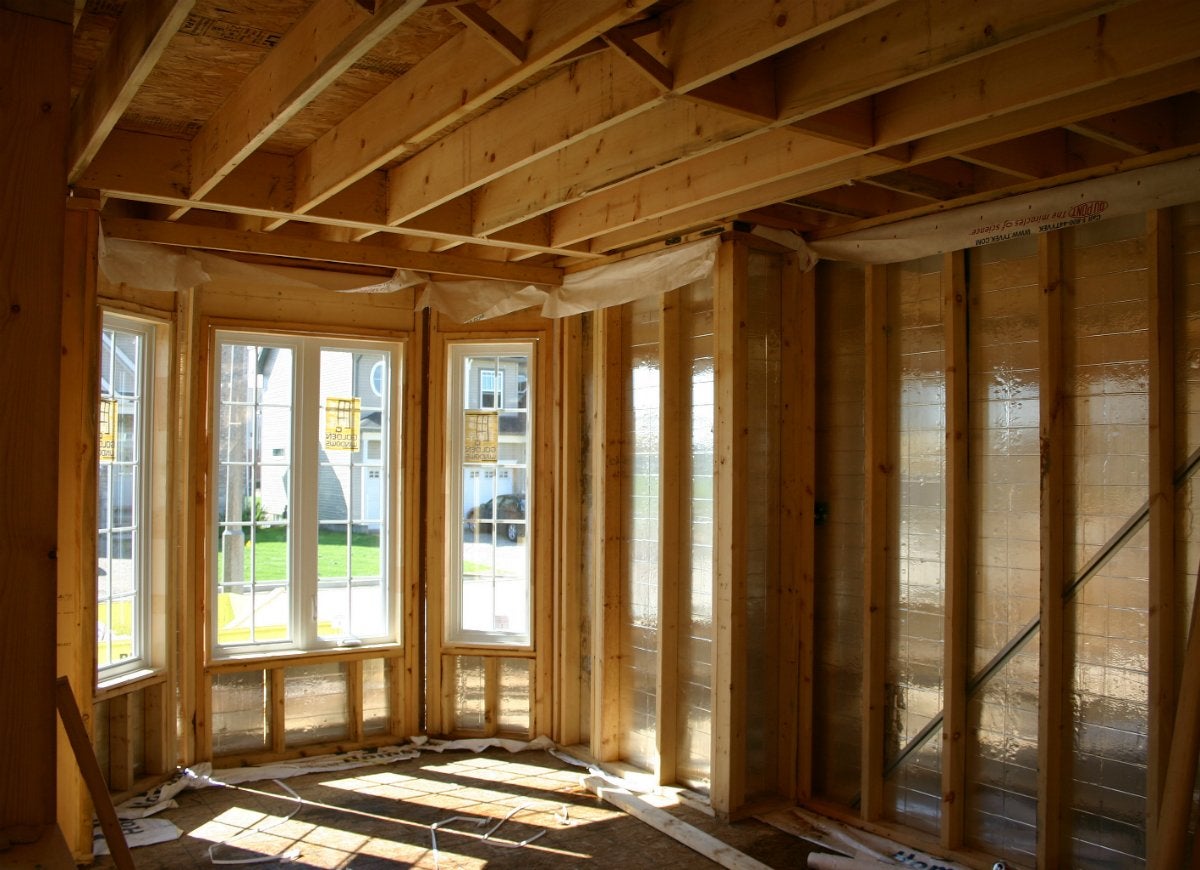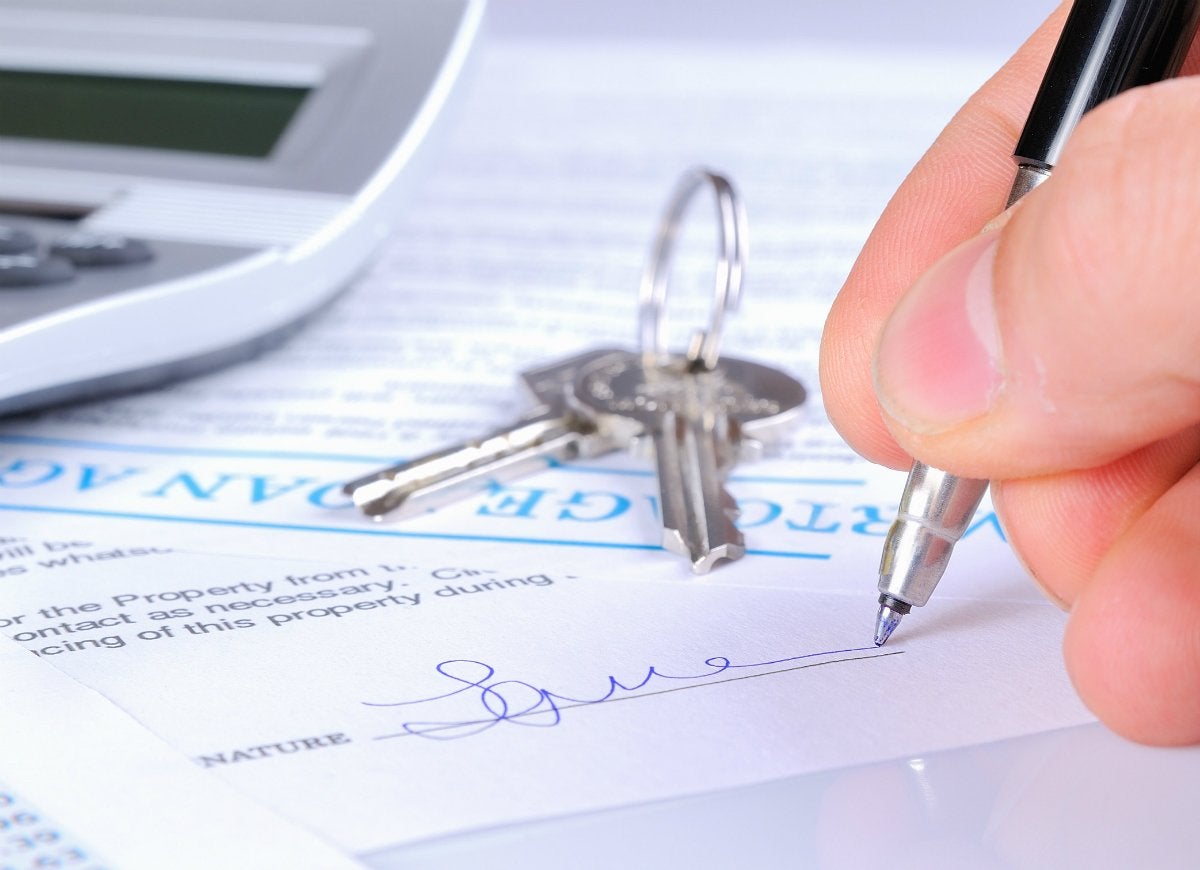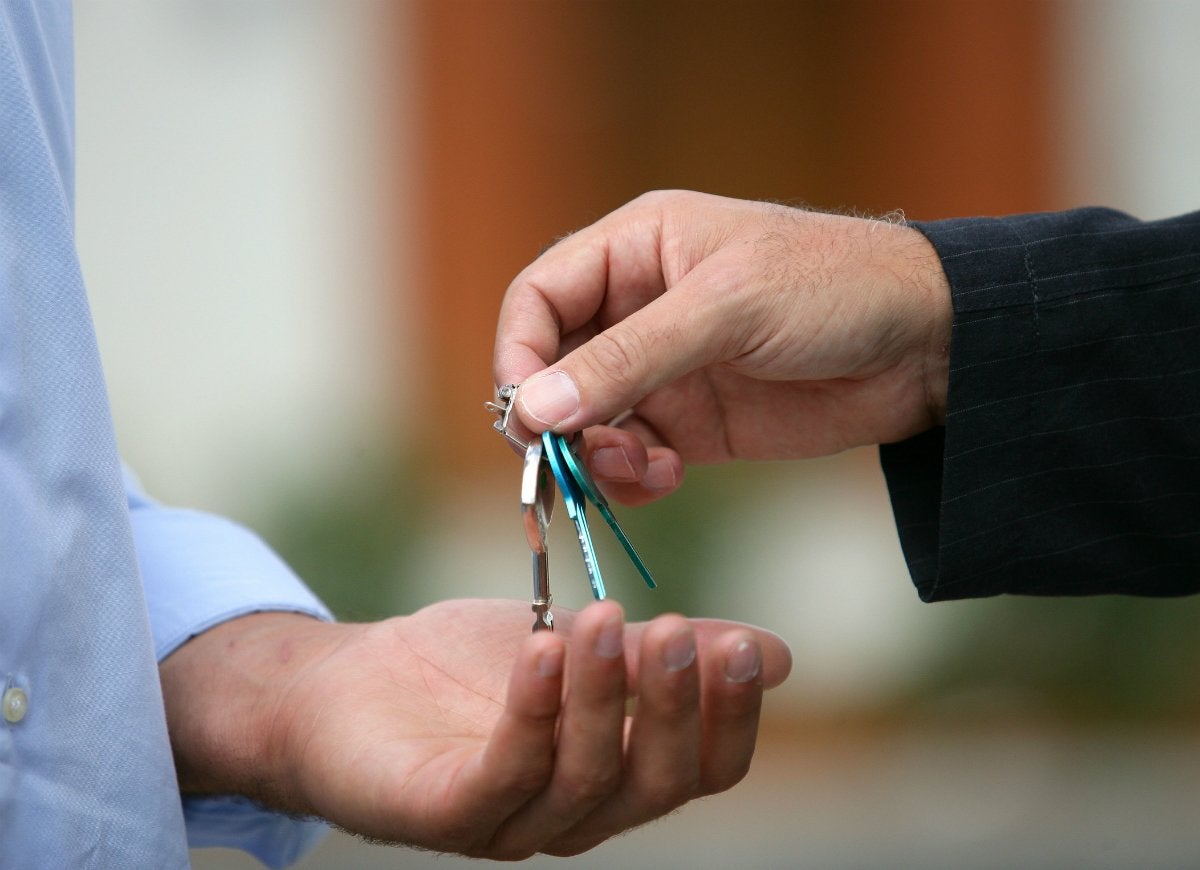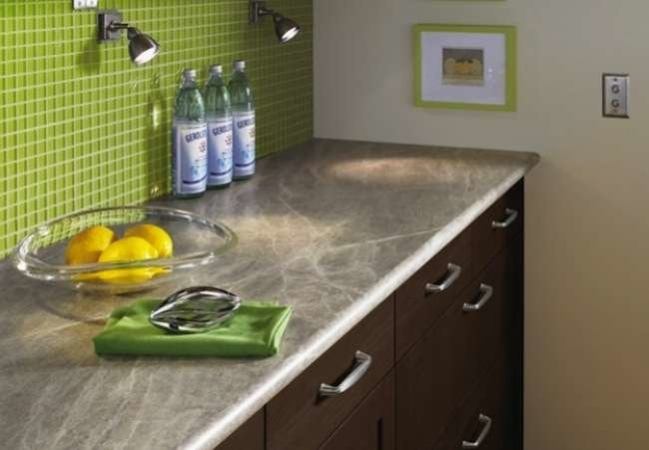We may earn revenue from the products available on this page and participate in affiliate programs. Learn More ›
Get in First—Or Last!

It can take years to complete construction on a new housing development. Buyers who move in first must endure construction noise, piles of dirt, sparse lawns, and depressingly few neighbors. Because of these drawbacks, builders may be prepared to offer better deals to early home buyers. If you’re not up for an early move-in date, check back in when construction is nearing completion. By that time, builders are often willing to negotiate a good deal in order to wrap things up.
Go for a Short Sale

Benefiting from someone else’s hardship may seem heartless, but a short sale does allow a distressed seller to avoid foreclosure. During the process, the bank agrees to sell the house for less than the mortgage balance, making the unfortunate homeowner’s loss your gain. Although dealing with a bank on a short sale can be a long, arduous journey, if you’re successful, you can get a nice house at a cheaper price.
Buy from the Bank

If you’re willing to overlook missing fixtures, floor damage, or other undesirable features, you can rake in big savings by buying a foreclosed home. Be forewarned: The same lack of financial resources that prevented the homeowner from keeping up with the mortgage probably led to the neglect of repairs, maintenance, and updates. But by purchasing a foreclosed home at a bargain price, you’ll have more room in your budget for renovations.
See the Potential

If you’re willing to put in a little sweat equity, consider buying a fixer-upper. A home seller who doesn’t want to go through the trouble of repairs or renovations can put you in a good position to negotiate a lower price.
Deal Direct

When you’re looking at listings, pay attention to those being sold directly by the homeowner. By dealing directly, you can avoid the pressures of working with a selling agent. And because the seller doesn’t have to pay the 5 to 7 percent commission, there may be room to negotiate a lower purchase price.
Do Your House-Hunting in Winter

Home sales are notoriously slow during the holiday season, giving the buyer an advantage with serious sellers. Wintry weather, combined with the fact that the school year is only at its midpoint, leaves most home buyers reluctant to enter the market, so you won’t have to deal with much competition—or competing bids.
Look for Relisted Properties

Generally, the longer a home is on the market, the lower the price the seller will accept. Agents will often delist and then relist homes that have been on the market for a long time in order to attract buyers with a newer listing date. Read MLS listings carefully, taking note of the continuous days on market (CDOM), which indicates the number of days since the property was first listed. If you can find a relisted house, you may be able to pick it up at a bargain price.
Related: 7 Real Estate Deal Breakers to Avoid
Find Flipped Homes

In a financial downturn, flippers tend to want to get out of a home fast so they won’t be stuck owing the bank. This spells a potential bargain for home buyers who recognize the seller’s predicament. The same holds true for builders who have completed construction and want to prevent the banks from banging on their door looking for repayment of construction loans.
Pick Up a Pocket Listing

Pocket listings—listings that don’t appear on the MLS or are being handled privately by the seller’s agent—are becoming increasingly popular with homeowners who want to sell fast. News of these unlisted properties spreads by word of mouth, so if your agent is in the know, you’ll be at an advantage when it comes time to bid. These off-market opportunities translate into less buyer competition, which means there’s less chance of a bidding war that pushes you out of your price range.
Related: Find the Right Realtor: 9 Tips from Happy Homeowners
Settle the Closing Costs

Consider asking a seller to pick up part of the closing costs. A motivated seller may consider this a small price to pay, especially in a down market, during off-season selling times, or if the house has been listed for more than six months. Just check with your lender to be sure there aren’t any restrictions that would prevent a seller from paying closing costs.
Be Ready to Act Fast

A good deal goes quickly, so you’ll want to be in a position to pounce on an opportunity before it’s gone. To make sure you’ll be able to act fast, hire a real estate agent who has early access to the newest listings, and get preapproval for a mortgage before you go house-hunting to ensure that when the right one comes along at the right price, you’re ready to grab it.















